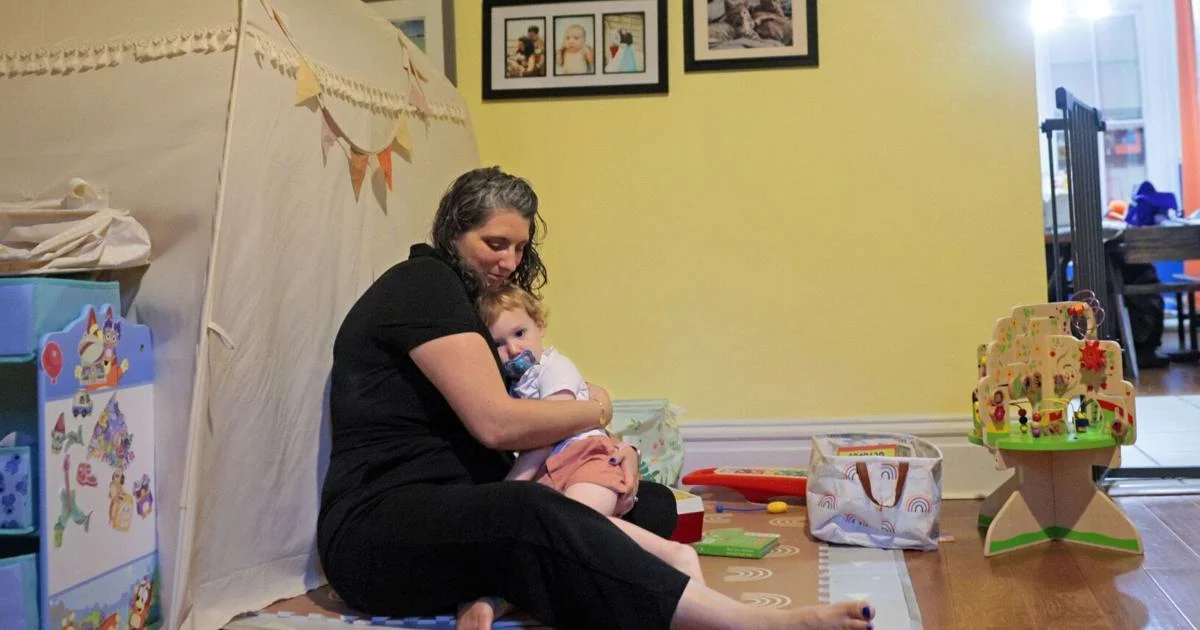Missed Warning Signs in Missouri Pregnant Women Leading to Preventable Deaths

ST. LOUIS, Mo. — A new maternal mortality report from Missouri highlights that dangerous warning signs in pregnant women are often missed, contributing to dozens of preventable deaths each year. The findings come as families and advocates push for better education, earlier interventions, and stronger postpartum support, according to the St. Louis Post-Dispatch.
Missed Signs of Preeclampsia and Heart Complications
The stories of Missouri mothers such as Marie-Laure Firebaugh and Kelly Gorgas McCormac underscore how symptoms of life-threatening conditions were brushed aside as routine pregnancy discomforts.
“I wish they would educate pregnant women about this disease and these complications before it happens to us,” Firebaugh said, recalling how her stillborn daughter was lost to preeclampsia.
Both women experienced swelling, shortness of breath, rib pain, nausea, and headaches — all dismissed as either seasonal heat or normal side effects of pregnancy. In both cases, the women nearly died before emergency intervention saved them.
Maternal Mortality in Missouri
Missouri averages 70 maternal deaths annually, or about 32 deaths per 100,000 live births, placing the state among the worst in the country for maternal outcomes.
The 2025 report found:
- Cardiovascular disease and mental health conditions remain the top two causes of pregnancy-related deaths.
- Black women are 2.5 times more likely than white women to die from pregnancy-related complications.
- 80% of deaths could have been prevented with earlier recognition and better care.
“That’s our big takeaway, is that there is opportunity to implement changes,” said Sarah Erhard Reid, director of Missouri’s Office on Women’s Health.
State Efforts and New Initiatives
Missouri has taken steps in recent years to improve maternal health, including:
- Extending Medicaid coverage for postpartum women to one year after birth, covering nearly 40% of new mothers.
- Training providers to better screen for intimate partner violence and mental health issues.
- Funding community-based initiatives such as doula access and housing support for pregnant and postpartum women.
“I think that we have made strides forward in improving care for patients both during and after pregnancy,” said Dr. Heather Campbell, a Washington University obstetrician specializing in high-risk cases.
Families and Advocates Taking Action
To raise awareness, Firebaugh and McCormac organized the first Promise Walk for Preeclampsia in St. Louis, aiming to educate families and raise funds for research.
“Calling symptoms ‘normal for pregnancy’ can be fatal,” McCormac said. “Looking back, it was like writing on the wall.”
The event, held annually at Tower Grove Park, includes remembrance ceremonies for mothers and infants lost to hypertensive pregnancy disorders.
Missouri’s maternal health crisis reflects a broader national challenge, but advocates believe progress is possible with earlier education, better screening, and stronger follow-up care. For more community health coverage and updates, visit ChicagoMusicGuide.com.
